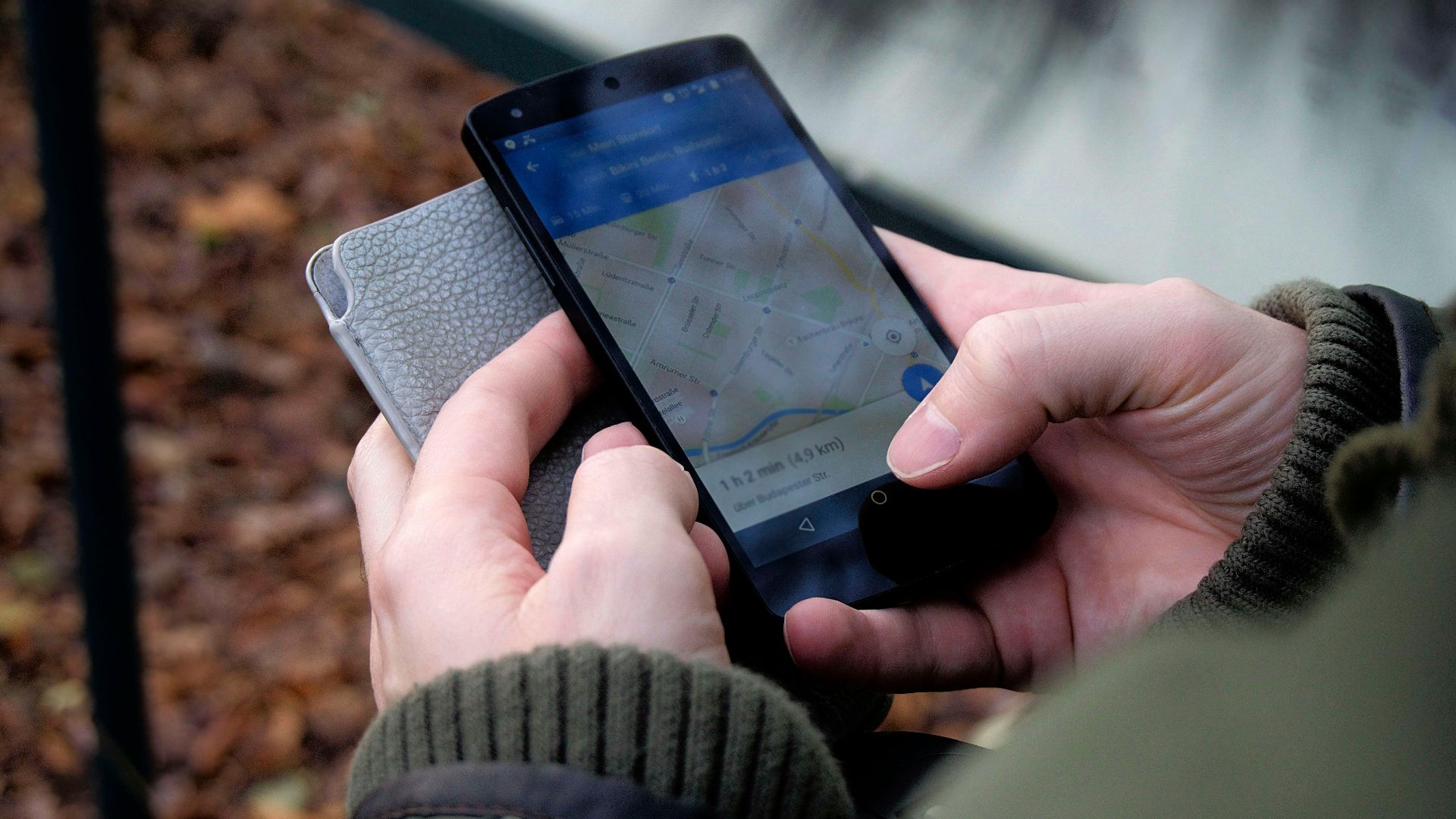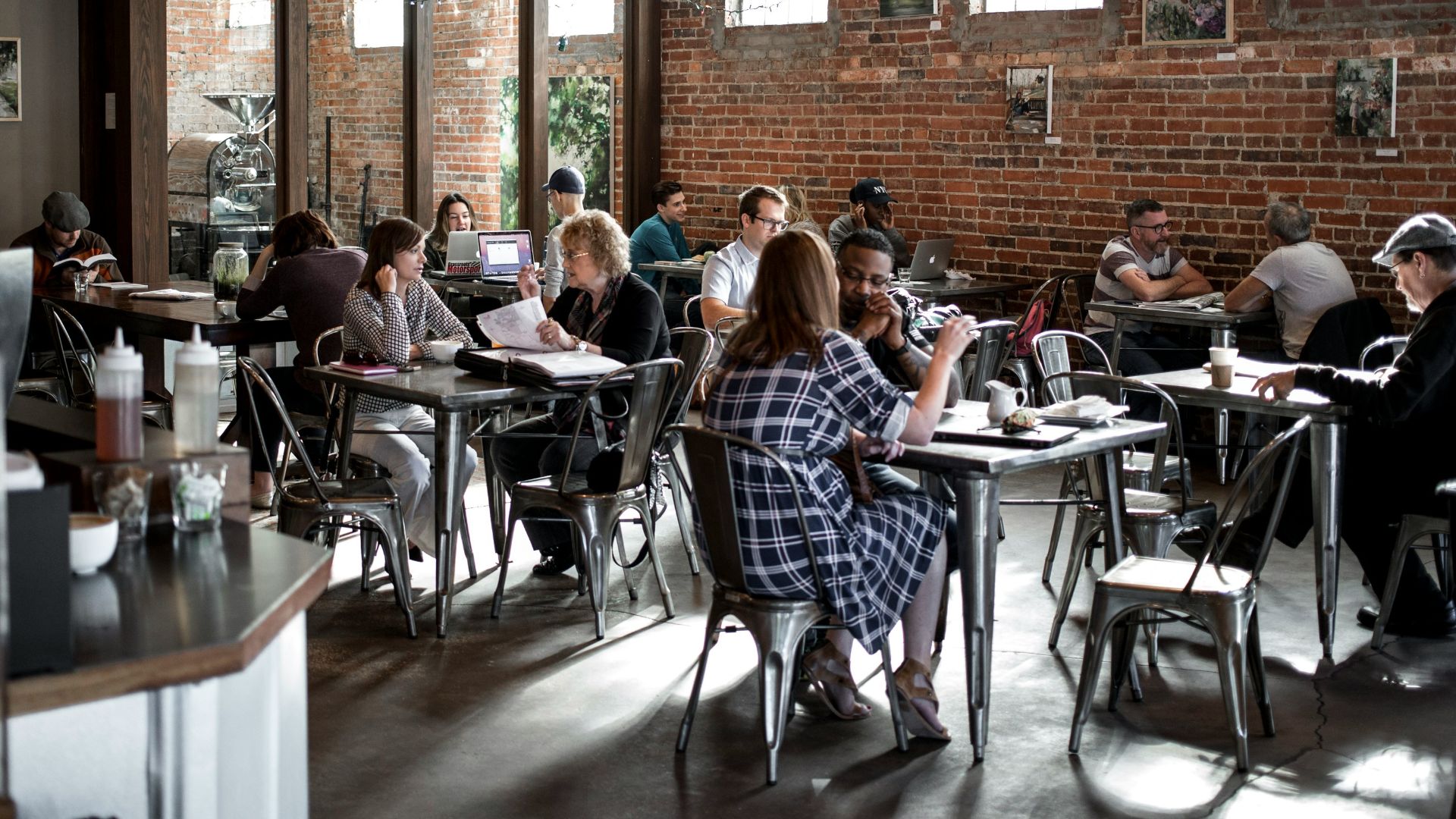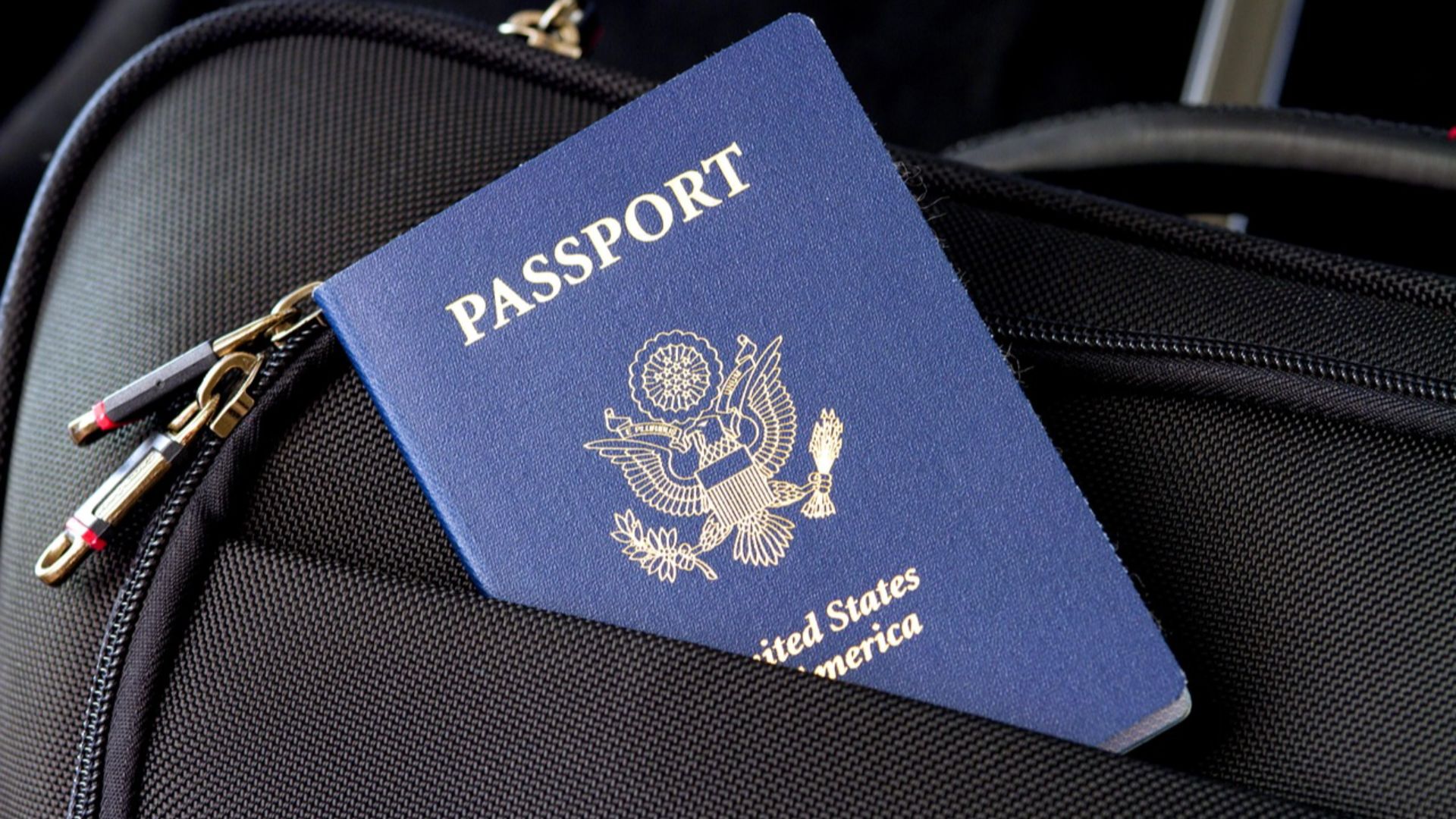Inside The Nomad-Local Dynamic
Living abroad may sound like a dream—laptops on beaches and a life free from routine. But for those who actually call these places home, digital nomads can be a mixed bag. Locals witness the perks and pitfalls up close, and that’s what we will explore ahead. Some points may surprise you, others may sound familiar, but together, they offer a unique look at what happens when work meets wanderlust on someone else’s doorstep. Let’s begin with the things that can cause tension.
1. Treating Locals Like Tour Guides
Instead of using official resources, digital nomads commonly seek help from locals. However, repeated requests for assistance can strain local patience over time. Some residents also find it awkward when approached mid-task for directions or tips.
2. Driving Up Housing Prices Unfairly
Short-term demand from digital nomads increases rental competition in high-demand areas. Landlords may prefer temporary foreign tenants willing to pay more, which sometimes makes it harder for locals to find places to rent in their own neighborhoods.
3. Loud Calls In Quiet Cafés
Extended video calls are something digital nomads may do, and this can disrupt the calm environment most cafés aim to offer. Businesses not designed as offices struggle to accommodate work-focused visitors, and café owners sometimes set rules limiting laptop use to preserve ambiance.
4. Ignoring Local Customs And Dress Codes
Digital nomads sometimes dress or behave in ways that conflict with cultural expectations. While not intended, ignoring norms can lead to misunderstandings or offense among residents. Locals may consider you disrespectful if they think you’re disregarding their customs.
 Priscilla Du Preez 🇨🇦 on Unsplash
Priscilla Du Preez 🇨🇦 on Unsplash
5. Hogging Wi-Fi In Small Businesses
Not only does heavy internet usage by digital workers slow service for other patrons, but café owners may experience reduced turnover due to long-staying laptop users. Also, customers who don’t buy much while staying long frustrate small business owners.
6. Acting Like They're On Vacation 24/7
Nomads can blur the lines between work and leisure, and that can disturb residential peace. It’s common to hear noise complaints from short-term renters. Locals sometimes assume nomads aren’t working at all, and that perception of privilege contributes to social disconnects.
7. Avoiding Taxes While Earning Abroad
Tax evasion by foreigners is a growing discussion in online local forums. Digital nomads can earn money locally without paying into local systems, and this creates an imbalance between their usage of services and their contribution to them.
8. Overcrowding Once-Quiet Neighborhoods
Influxes of digital nomads can alter the character and pace of once-calm areas, for example, pop-up businesses and coworking spaces may replace traditional shops. Local infrastructure is often not built to handle transient populations, and residents may relocate when neighborhoods become too busy.
9. Disrespecting Sacred Or Historical Sites
Some nomads treat culturally significant locations as casual backdrops or workspaces, and inappropriate use of these spaces can cause deep local offense. While local traditions commonly emphasize quiet or reverence at such sites, improper behavior remains a frequent subject of community complaints.
10. Assuming Everyone Speaks English
Communication barriers are created as many digital nomads default to English. This assumption can be perceived as cultural insensitivity. Also, locals may find it frustrating to repeat themselves in a second language, and visitors who try even basic phrases may be better received.
While there are many things digital nomads are disliked for, there are also those they are liked for, and here they are.
1. Spending More Than Tourists
Since digital nomads are likely to stay longer than traditional tourists, this means increased overall spending. Once they settle into routines, nomads are more likely to shop at local markets. Their daily expenses can support a broader range of local businesses over time.
 Photo By: Kaboompics.com on Pexels
Photo By: Kaboompics.com on Pexels
2. Promoting The Local Culture Globally
These nomads frequently share local experiences online and give destinations international exposure. Blog posts and vlogs commonly feature local food and art. This informal promotion can lead to increased tourism and interest from other travelers.
3. Supporting Small Cafés And Coworking Spots
Remote workers frequently spend money in independent cafés and flexible workspaces, and their patronage provides consistent income for these small establishments. Also, due to different cultural norms, they often tip more than locals, and some cafés evolve into hybrid coworking spots because of nomad demand.
4. Teaching Languages Or Digital Skills for Free
Through local meetups or exchanges, many nomads share their knowledge informally. For example, informal language swaps can begin over coffee or at community events. This helps locals build global communication and technical skills.
5. Sharing Hidden Gems Through Blogs
Digital nomads commonly spotlight lesser-known spots, spreading tourist flow beyond crowded areas. Unintentionally, they turn quiet places into must-visit spots. Sometimes, even locals discover new cafés or trails through nomad content. Such visibility promotes underappreciated local businesses or regions.
6. Hiring Locals As Fixers, Translators, Or Guides
To sort bureaucracy or language, long-stay nomads may require local expertise. Not only do these services generate income and job opportunities for residents, but repeat collaborations sometimes turn into friendships or partnerships. Some locals create entire businesses serving this niche.
7. Organizing Beach Cleanups Or Community Events
It's common for digital nomads to initiate or join volunteer activities while abroad. These efforts contribute directly to community and environmental well-being. Community cleanups double as networking events for locals and nomads, and many travelers continue volunteering remotely after leaving.
8. Bringing In Fresh Ideas And Trends
Exposure to global cultures allows nomads to introduce new concepts into local communities. Their perspectives can inspire innovation in lifestyle, work, or design. Some cafés and shops adopt trends based on what nomads ask for.
9. Advocating For Visa Reforms Benefiting Locals
Nomads often push for more fair and flexible visa systems that can also benefit citizens. Plus, government attention can turn to freelance and remote workers when they notice digital nomads. Also, because of digital nomad lobbying, some countries have adopted special visas.
10. Creating Opportunities Through Global Networks
It’s common for digital nomads to connect locals to collaborators, clients, or tools abroad. These introductions can lead to economic or educational advancement. In fact, the expansion of some small businesses to the international space can be attributed to referrals by nomads.


























